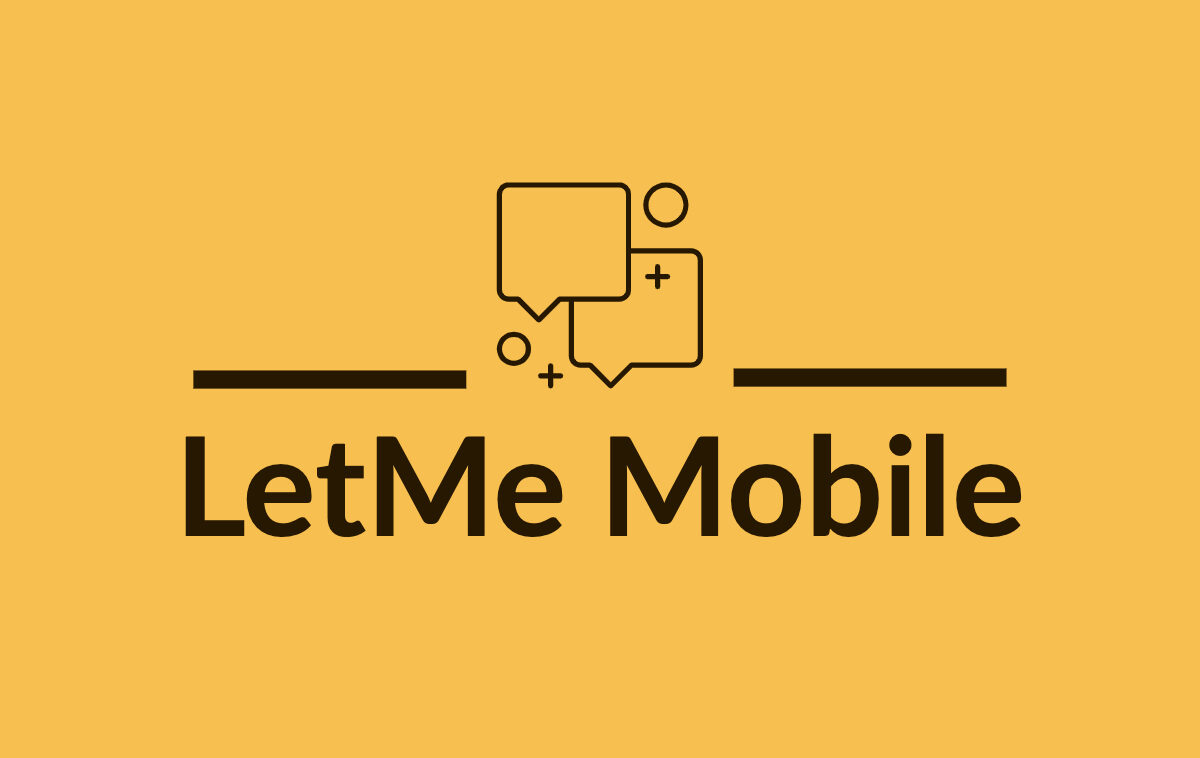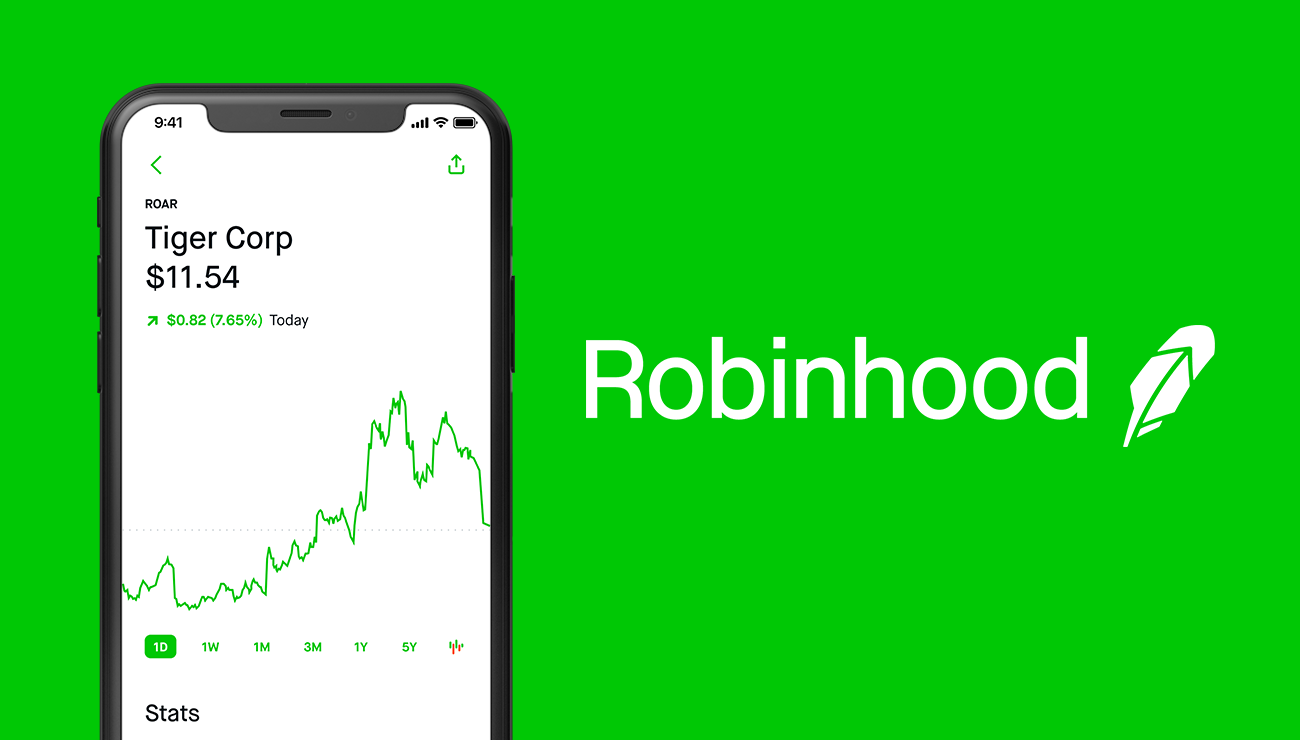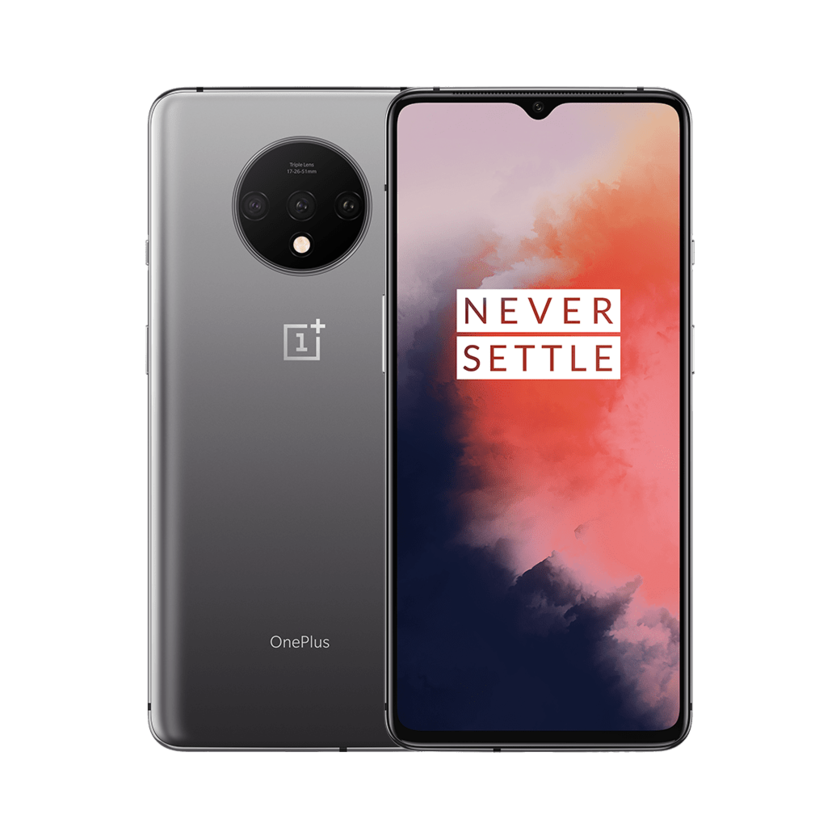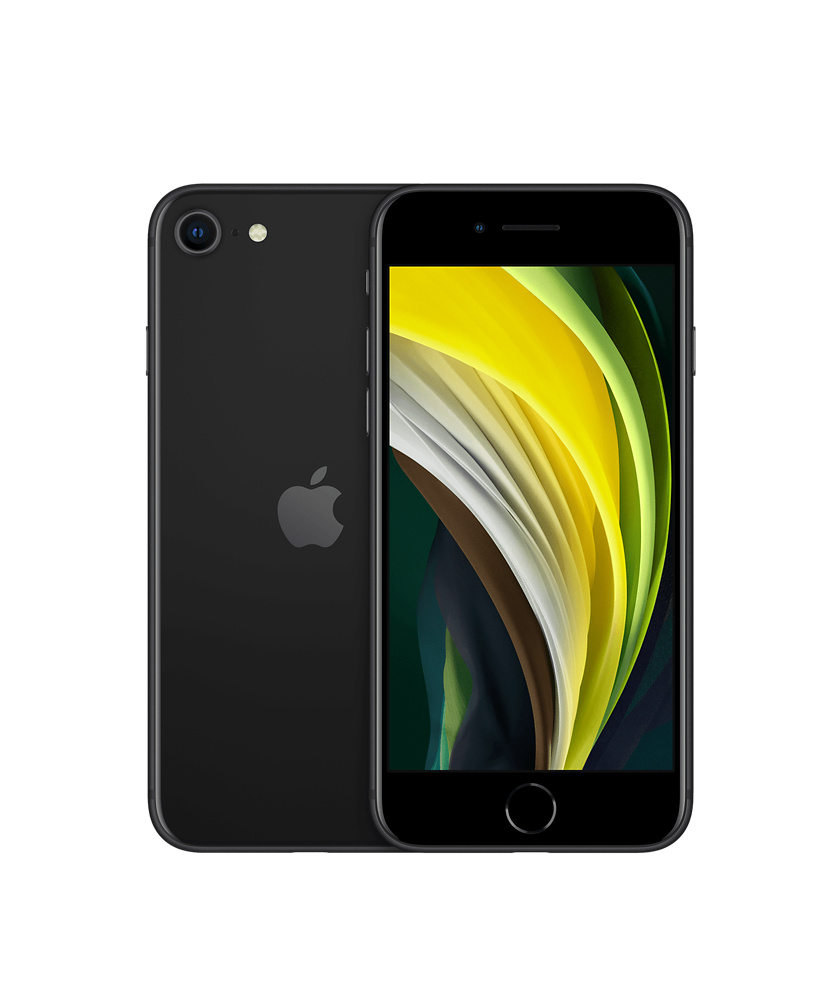Robinhood has become one of the most popular investing applications out in the market. It is an app-based platform that allows investors to trade stocks, options, ETFs, and even cryptocurrency.
Ever since the app was first launched in 2013, Robinhood has committed to 100% free commissions and fees on all trades. This is a huge advantage that sets Robinhood apart from most of the traditional brokerages that charge a certain amount in commissions and fees.
As of December 2019, Robinhood has more than 10 million accounts, up from 6 million accounts in October 2018. Despite the success, Robinhood faces a tremendous amount of pressure from other investment platforms such as Fidelity, WeBull, M1 Finance, and Acorn. Each platform has its advantages, or disadvantages, over one another.
Robinhood Pros
Free stock sign-up bonus
Investors who sign up for Robinhood can earn a share of stock for free. The share of free stock is chosen randomly and the value of the share may be anywhere between $2.50 and $200. investors will have the option to keep or sell the share after 2 trading days. Get your free stock here.
100% free commissions and fees
Investing with Robinhood is commission-free, now and forever. Robinhood doesn’t charge investors fees to open an account, to maintain an account, or to transfer funds to account.
No minimum balance
Robinhood doesn’t require investors to keep a set amount of balance in their account. Instead, Robinhood offers a feature called “instant deposit” which allows investors to use the money immediately instead of waiting up to five business days for your funds to clear.
Modern and easy to use interface
Robinhood is one of the most easy-to-use apps. It was designed to be mobile-first which means the app should be familiar to most people who use smartphones.
Cryptocurrency trading available
As it is mentioned above, Cryptocurrency trades are also free of commissions and fees. Although Robinhood didn’t expect a huge volume in cryptocurrency transactions as the company aims at bringing in more investors to its app, it is still great to have it as an option.
Fractional Share
Robinhood has recently launched its Fractional Share. As its name indicates, investors are now able to buy as small as 1/1000000 of a share. Trading of fractional shares is also real-time and commission-free.
High-yield banking account available
Recently, Robinhood has begun gradually rolling out a service called “Card Management” which would earn 0.30% APY on any uninvested cash.
Robinhood Cons
Robinhood isn’t a one-for-all investment app as it lacks services that some other competitors are currently offering.
- No retirement accounts
- No Mutual Funds
- Limited research tools within the app
- Limited customer service
Robinhood Alternatives
Fidelity
Similar to Robinhood, Fidelity also offers commission-free trades on stocks, options, ETFs. However, Fidelity also allows investors to gain access to more than 3,500 no-transaction-fee mutual funds, a service that’s absent from Robinhood.
WeBull
When it comes to investing platforms, WeBull and Robinhood share the most similarities. Both platforms offer commission-free trades on stocks, options, ETFs, however, WeBull also offers IRAs to its investors while this service is absent from Robinhood.
M1 Finance
M1 Finance is also a great investment platform. What sets M1 Finance apart is that it offers investors pre-built portfolios, though $100 minimum balance is required.
Acorn
Acorn is an interesting investment option as it differs from all of the platforms above. One of the best features is definitely the “round-up” investment, which automatically invests any spare change of one’s purchases. Many may consider this as unnecessary but small changes do add up. Investors may or may not earn huge profits from this type of investment, but learning how to save is priceless.





